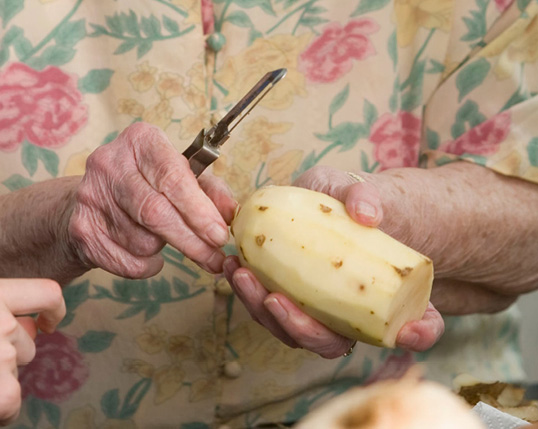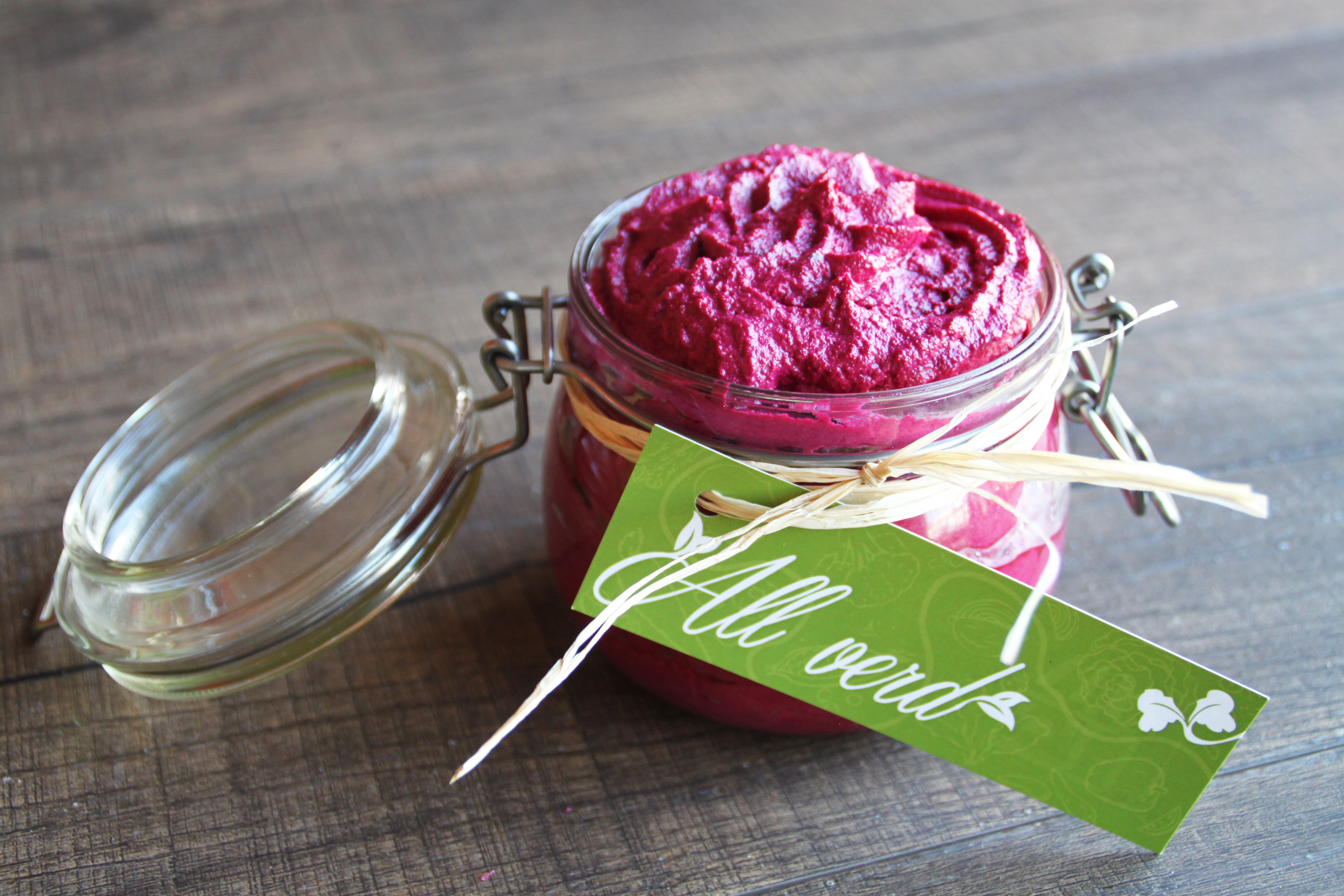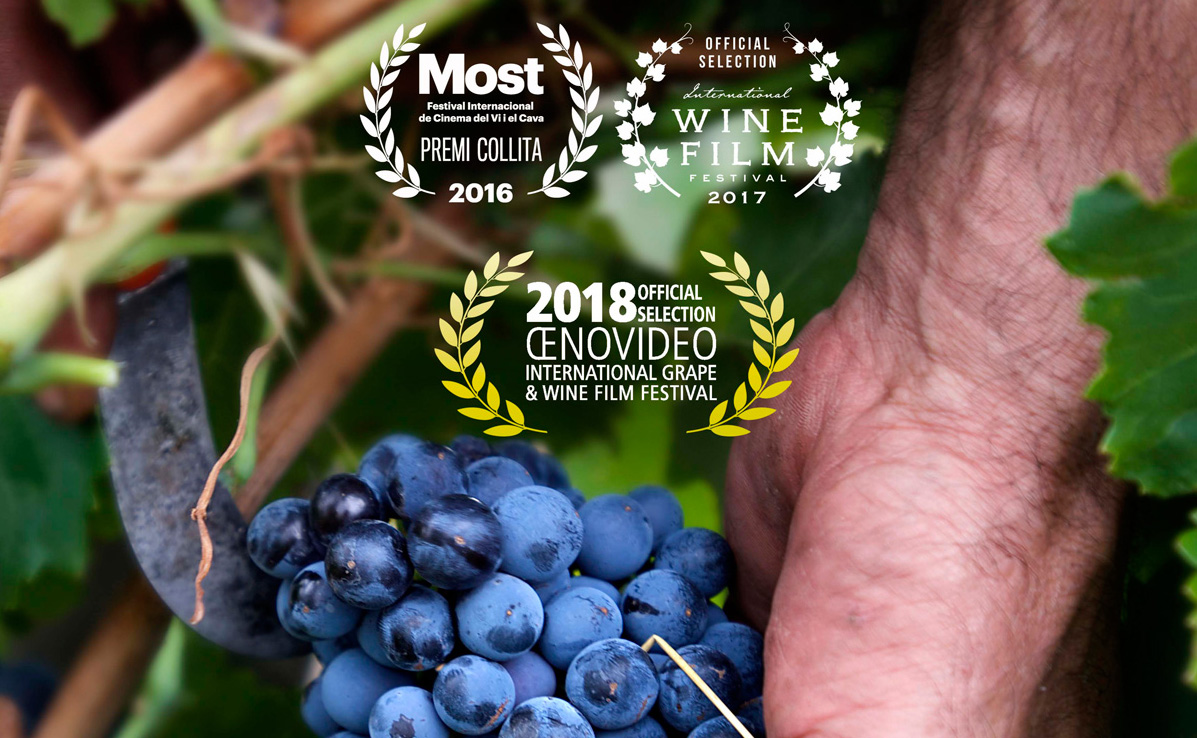Gastronomic heritage
EATING YESTERDAY, TODAY AND TOMORROW: HISTORY THROUGH FOOD.
How our grandparents ate, how we eat now in relation to those days and how we will eat in the decades to come are just some of the reflections that help us to understand that eating is a cultural action associated with specific customs and lifestyles. Taking a look at how we used to eat, cook and produce food in the past and why, will help us to reflect on our current approach and how we want to do things in the future. To talk about sustainable food is to talk about the evolution of our eating habits and the reasons for us eating a certain way at a certain time. Considering how our eating habits have evolved will help us to understand where we are at present and where we want to be. And where we do not want to be.
Activities description: Sampling food from our past that is now unknown, comparing it to the food we currently consume and experimenting with the food of the future are all activities that will be explored. There will also be talks and even concerts demonstrating how music is associated with how we eat and, who knows, how we will eat in the future. The boundaries between culture and food are blurred, meaning that we write our own history as we eat.

Patrimoni gastronòmic
- October 14th - 19.30 HPlaça de Sant JaumeShow
The start off the week will be a chorus, musical, and participative. Having their say will be the real heroes of sustainable food, those involved in the food cycle: the fishermen, drivers, chefs, farmers, ranchers, market vendors. The speech will be intertwined with the large mechanical orchestra of Cabo San Roque, distributed in the form of a sound mural in front of the City Hall, along with the active participation of the public, in a collective musical creation composed especially for the occasion. A show that highlights all the participants behind the food supply network and gives them a voice.
- Scenography and musical composition: Cabo San Roque
- Stage direction and coordination: Edi Pou
- Idea and concept: Virginia Angulo / Martín Garber
- October 15th - 24thBarcelona History Museum (MUHBA), Saló del TinellExhibition
Feeding the population has always been a concern for cities. It has been a decisive factor in their relationship with surrounding territories, in the centuries-long evolution of technologies for obtaining food produce and in the conditions under which men and women have been able to feed themselves and stay alive.
From the outset, one of the main tasks of the Consell de Cent, the Barcelona municipal institution created in 1249, was to guarantee food supplies and ensure food safety. Since then, the city's government has strived to guarantee good quality food supplies, because it has been directly responsible for them, provided support in doing so or has sought alternatives to the insufficient actions of other authorities.
The municipal government's intervention continues today, with Mercabarna, Barcelona and the Western Mediterranean's great food store, and the city's network of municipal markets. This long history of decisive municipal involvement in the food supply chain is historically unique to Barcelona, with no similar situation in most other European cities.
The exhibition is open from 15 October 2021 to 15 October 2022. - 15th October 18.30hBarcelona History Museum (MUHBA), Saló del TinellTalk
Feeding the population has always been a concern for cities. It has been a decisive factor in their relationship with surrounding territories, in the centuries-long evolution of technologies for obtaining food produce and in the conditions under which men and women have been able to feed themselves and stay alive.
From the outset, one of the main tasks of the Consell de Cent, the Barcelona municipal institution created in 1249, was to guarantee food supplies and ensure food safety. Since then, the city's government has strived to guarantee good quality food supplies, because it has been directly responsible for them, provided support in doing so or has sought alternatives to the insufficient actions of other authorities.
The municipal government's intervention continues today, with Mercabarna, Barcelona and the Western Mediterranean's great food store, and the city's network of municipal markets. This long history of decisive municipal involvement in the food supply chain is historically unique to Barcelona, with no similar situation in most other European cities.
The exhibition is open from 15 October 2021 to 15 October 2022. - 16th October - 11.00 HPlaça del ReiTalk
Presentation of the exhibition “Feeding Barcelona, city, supply and health”, organised by the Museu d’Història de Barcelona (MUHBA).
One area of research and dissemination for the MUHBA in recent years has centred on the study of food and people’s health. The “Feeding Barcelona” project has paid particular attention to the institutions and policies which have made it possible to meet the basic life needs of people throughout history, and, as a consequence, the sustainable existence of the city itself.
- October 16th - 11.30 HPlaça del ReiTalk
During the 14th and 15th centuries, Catalan cooking achieved a level of excellence that was internationally acknowledged. Its aims were to obtain complex flavours through combining fine seasonings, to mask the natural qualities of the food and create sophisticated and attractive dishes. The conquest of Naples by Alfonso the Magnanimous and popes Calixtus III and Alexander VI, both from the Borja family, contributed to increased contact with Italy, from where its fame spread to the rest of Western Europe. Italian creations were praised by the expert gourmets of the day and were gathered across four cookery books: Llibre de Sent Soví [The Book of Saint Sovin], Llibre d’aparellar de menja [Book of Food Pairings], Llibre de totes maneres de potatges [Book of all Kinds of Stews] and Llibre del coc [Book of the Cook].
- October 16th - 12.00 HPlaça del ReiTalk
Feeding the city has always been a huge challenge: guaranteeing access to the most basic component for sustaining life, to avoid deficiencies and conflicts that compromise the health and social peace of its inhabitants.
Feeding the city has always been a political issue: the people and the institutions of Barcelona have demanded and exercised the right to intervene politically to achieve an adequate food supply in quantity and quality for the city.
Over the centuries, the territorial scope and spatial conformation of Barcelona's food footprint have been expanded and modified according to the population that needed to be provided for and the change in the forms of cultivation, animal husbandry, and transport, as well as energy sources used to do so.
In the 21st century, the city faces new food security challenges due to the climate emergency and the global socio-environmental crisis. To address these, it calls for and exercises new forms of food sovereignty aimed at sustainability within a fair and safe environmental space for everyone on Earth. - October 16th - 12.30 HPlaça del ReiTalk
Kitchens are part of this city's history. Moreover, history is also made in kitchens and history infiltrates the kitchens of every city.
From the mid 19th century to 1976, kitchens were the place where architectural, technological, propaganda and political discussions and practices occurred, while they also held the knowledge and skills that made collective subsistence possible. - October 16th - 13.00 HPlaça del ReiShow
Vanesa Muela is a singer and multi-instrumentalist who is directly influenced by tradition, the roots and purity of music from other times. In every concert, she is able to showcase the soul of traditional songs that she learnt directly from elderly people. She transmits the magic, energy and feeling of popular music like no other; the ancestral wisdom that she is able to share with the audience i a fun, amenable and interesting way. Vanesa will take you on a journey through the melodies of jotas, fandangos, siguidillas, ligeros, agarraos, charradas and corridos, to the sound of tambourines, petxinas, spoons, guitars, sieves, etc.
- October 16th - 14.00 HPlaça del ReiCulinary experience
This activity offers a culinary route that will take us to the past, present and future of food in Barcelona. It will be a guided tasting session for speaking about cultural exchanges, history, traditions, conceptions of sustainability over the course of time, food industrialisation and current trends. A session that will certainly amaze you, showing the contradictions not just in the food model but also in the discussions around today’s food.
What will we be tasting?
Pepper wine
White wine flavoured with spices.
It contains ginger, rose water, clove, cinnamon and honey
Allergens: sulphidesFlat neulas
Medieval recipe for traditional Christmas desserts
Contains: flour, sugar, eggs, lard, cream, milk and salt
Allergens: egg, gluten, dairy productsAubergine tart
Aubergine flan baked with cured cheese, raisins and spices.
Allergens: dairy productsEmpedrat with cod
Catalan recipe with Icelandic cod and French beans, tomatoes, red and green peppers, onions and black olives.
Allergens: fishPotato chips
Allergens: glutenYoghurt with pomegranate
Free-range yoghurt from the Olot area, with natural pomegranate
Allergens: dairy productsWe would like to inform you that we are unable to guarantee that the food served at this event will be free of substances which may cause some type of food allergy or intolerance.
- 16th October - 17.30 HPlaça del ReiRound table
The round table seeks to respond to the following questions. What impact will gastronomic heritage have to face as a consequence of sustainable food? Sustainability “imposes” challenges on us every day. What strategies are being pursued to achieve this adaptation? Will innovation bring us new ways of including sustainable ingredients in our diet? And, have we got ways of maintaining a healthy diet despite the changes to come? How will this need to bring about a transition to a more sustainable diet be compatible with maintaining gastronomic heritage? These are just some of the questions which the speakers in this session will be addressing.
- October 16th - 20.00 HTeatre del CCCB, Jardí dels Tarongers, Plaça del Rei, Parc de la BarcelonetaShow
A unique musical group, the Vegetable Orchestra, plays instruments made from fresh vegetables. The use of various vegetable instruments makes for a unique musical and aesthetic universe. The Vegetable Orchestra covers the most diverse musical styles, combining genres from electronic music to jazz. The newly created instruments determine the resulting sound. A Vegetable Orchestra concert appeals to all five senses.
- October 17th - 20.00 HPlaça ReialShow
At the improshow we play with knowledge about food, sustainability and the climate emergency. We’ll be improvising everyday situations connected with sustainable food and local organisations, through humour and based on audience suggestions.
An innovative experience in which the audience will become the authors of stories that are surprising, exciting and fun. - October 18th - 18.00 HBetevé broadcastingTelevised cooking workshop
In this programme you will find practical ways for moving towards a diet that includes habits which improve quality of life for ourselves and the people around us.
You learn how this affects our decisions, how we choose what we buy and where we buy it, all in a cheerful, fun and creative way.
We discover how to improve our surroundings and our inner selves, in order to feel full of life.
Our food choices have an impact on the environment; we review various diets (carnivorous, omnivorous and vegetarian) and finally focus on the plant-based diet. - October 19th - 18.00 HBetevé broadcastingTelevised cooking workshop
How can you adapt sustainable food to healthy living?
Batch cooking consists in cooking for the whole family and investing a little time so you can make nutritious everyday meals, at home and for your lunch box.
BREAKFAST: habits as simple as a good glass of water, with sea water and lemon. Breakfasts such as shakes or smoothies, which you can warm up in winter. You will discover recipes such as rice pudding and pear, quality-bread sandwiches and an omelette made from organic eggs.
LUNCH: important notions on how to structure a dish with different groups of foods. A dish is not the same for a teenager as a middle-aged person. You can cook the same for all the family but put in what each person needs. You should always add vegetables in season, wholemeal carbohydrates, some raw vegetables, sprouted and fermented foods, etc. You will discover recipes such as baked pumpkin with curry; lentils cooked with adobo, sprouted ... and seeds; chickpeas with prawns; wholemeal rice with mushrooms; and lettuce head salad with carrot, olives and chopped chives. Wholemeal pasta with courgettes, mushrooms, squid with carrot and beetroot.
EVENING MEAL: an evening meal or supper should be light and eaten as early as possible. You will discover recipes such as pumpkin, sweet potato and oatmeal soup; vegetable pudding with carrot and broccoli; fish soup with noodles, and grilled fish in a sauce.
- October 20th - 18.00 HBetevé broadcastingTelevised cooking workshop
Getting children away from processed food as much as possible.
At home, we can organise menus very quickly, using fresh and seasonal local produce.
Not forgetting breakfasts and snacks and their natural desire for sweet food; we offer some great solutions. - October 21st - 18.00 HBetevé broadcastingTelevised cooking workshop
Doing it for the pleasure of caring for ourselves and finding a balance, without restrictions or feelings of guilt.
A healthy relationship with food, making the most of seasonal produce and letting creativity into our kitchen, even if it's only for the lunch box we take to work.
We’ll try, using uncomplicated recipes, tastes, aromas and colours. We'll emphasise the importance of colour in our dishes.
Emotions and healthy eating go hand in hand. - October 22nd - 22.00 H (variable according to betevé programming)Betevé broadcastingDocumentary film season
Documentary on natural wine in Spain. A trip from the north to the south of the country, with the vineyard and wine as the background.
A reflection on natural wine from its producers and opinions from renowned sommeliers.
This activity is part of Betevé's documentary film season, including the films Fermentación espontánea, Taste the waste, Food for change and Il mare piange.So you can combine the documentary with a wine tasting at home, we provide you with a list of wines by order (and time) of appearance.
Minute 01 – Sparkling wine from an ancestral method made in the Alt Empordà. Sparkling wine with unique fermentation.
Minute 05- Red wine from the mountains, made on the north side of the Alpujarra in Granada.
Minute 10 – Mineral and fresh wines made in the Sierra de Gredos (Avila), mainly with Garnacha, also with local white varieties such as Chelva, Albilla Real and Malvar.
Minute 13 – Red wine from the Sierra de l’Albera, in the Alt Empordà, made with Garnacha and Carignan (Lledoner and Samsó).
Minute 16 – White wine with maceration of the skins (orange wine) from Penedès made with Xarello from old vines worked within biodynamic parameters.
Minute 19 – Light red wine made with Sumoll, a native grape of the Penedès. From vineyards surrounded by forests of the Alt Penedès.
Minute 23 - Red wine from Galicia from a heroic viticulture of micro-plots in the Ribera Sacra area.
Minute 27 - White wine from the La Mancha variety and the most planted in the peninsula: Airén, in this case, comes from very old, free standing vineyards.
Minute 31 - Terra Alta red wine, inland Catalonia. From a dry and warm area, with powerful aroma and flavour.
Minute 36 - Wine with Mediterranean expression, made in clay vats in the region of Murcia, from the Tintorera Garnacha grape variety.
Minute 38 - White wine from Montepila grapes from vineyards surrounded by olive trees in Cordoba. - October 29 and 30 from 12.00 to 23.30 H, and October 31 from 12.00 to 22.30 HLa Rambla de Barcelona (between Centre d'Art Santa Mònica and Colom)Market
“Terra i gust” is a gastronomic project that links restaurants with small producers, an initiative from Barcelona City Council and organized by Gastronomia de Proximitat and Slow Food Barcelona, with the support of the Association of Gastronomy and Tourism of Baix Llobregat and l’Hospitalet.
It will be a place for citizens to see the different stakeholders involved in the value chain of local products and sustainability, and to point out the importance of the small artisanal producer, of maintaining traditions and environmentally friendly techniques, highlighting the union with gastronomy.There will be various different spaces:
- Spaces for sustainable gastronomy
- Spaces for beverages, with the participation of the Barcelona Beer Festival, with a selection of craft beers. Natural wines, filtered water, and kombucha will also be served.
- Producers market with seasonal and ecological products.
- There will also be an area for cooking shows, talks and games for kids-

















